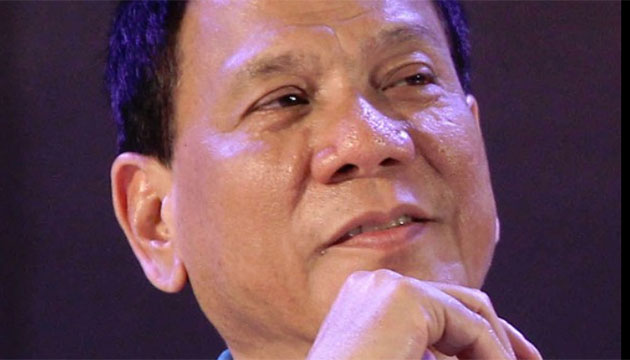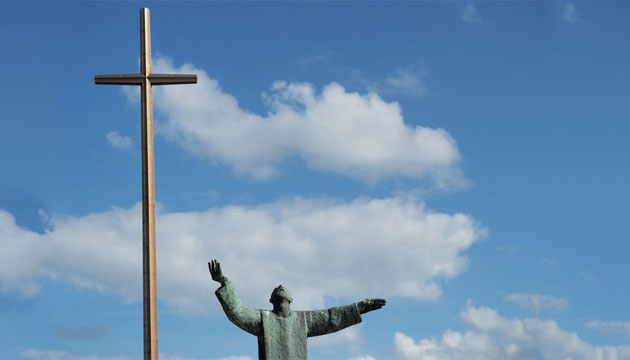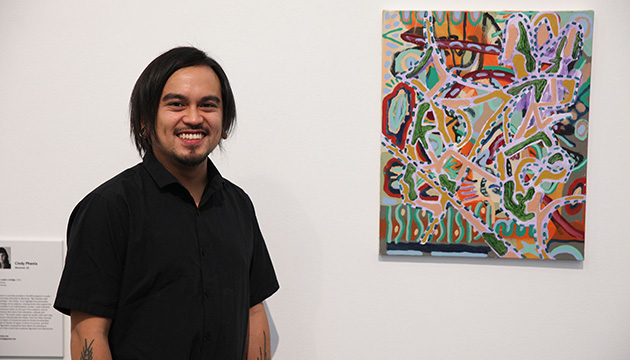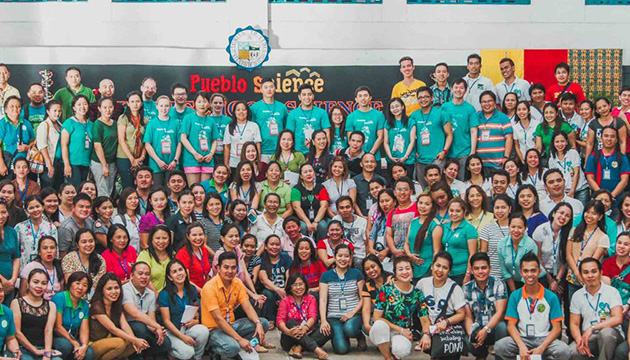Shortly after the May 9, 2016 presidential election in the Philippines, Canadian Prime Minister Justin Trudeau called the presumptive winner to congratulate him on his victory.
During their conversation, Trudeau and then Philippine president-elect Rodrigo Duterte re-affirmed the longstanding partnership between the two countries.
Moving forward, the expansion of trade is expected to be one of the top items on the agenda of both nations.
In May last year, Canada and the Philippines launched exploratory discussions toward a free trade agreement to boost commerce.
The Philippines is a priority market for Canada. With a market of about 100 million consumers and a gross domestic product of $315 billion in 2014, the Philippines is one of the fastest growing economies in Asia.
A free trade agreement enables partners to compete on a more even playing field. With this agreement, a range of goods and services benefit from the reduction or elimination of tariff and non-tariff barriers to trade. These include quotas.
In 2014, bilateral trade between Canada and the Philippines totaled $1.8 billion. This represents a 2.5 percent increase over 2013.
Canadian merchandise exports to the Philippines reached $569.5 million in that year. Major Canadian exports include mineral ores, wood, and meat. In 2014, Canadian merchandise imports from the Philippines amounted to $1.24 billion. Key imports include electrical machinery and equipment, and rubber.
Julian Payne, president of the Canadian Chamber of Commerce of the Philippines, said in a media interview that his group is confident that work on a free trade agreement will continue this year.
“There is a growing awareness in Canada of the opportunities in Asia, and in particular, the Philippines in recent years,” Payne said in a report by the Philippine Star.
Security is also expected to rank high on the agenda of the two countries.
Last April 2016, Canadian national John Ridsdel was beheaded by gunmen belonging to the Islamic extremist group Abu Sayyaf in the southern region of the Philippines.
Ridsdel and another Canadian, Robert Hall, and two other tourists, were seized by the militants last September 2015 from a Philippine resort.
Following Ridsdel’s murder, Trudeau affirmed Canada’s policy not to pay ransom for its nationals held hostage abroad.
In June, the Abu Sayyaf beheaded Hall after no ransom was delivered for his release. After receiving word of Hall’s death, Trudeau vowed to bring the killers to justice.
Less than a week before his June 30, 2016 inauguration into office, Duterte pledged that a day of reckoning with the Abu Sayyaf is coming.
RCMP Commissioner Bob Paulson has said that Canada’s national police force is working with authorities in the Philippines.
According to Paulson, the RCMP is pursuing an “extraterritorial investigation” to go after the killers of Ridsdel and Hall.
Canada and the Philippines also have strong people-to-people ties. There are about 700,000 people in Canada, who are of Filipino heritage. Approximately 15,000 Canadians reside in the Philippines.
In 2014, Canada welcomed more than 40,000 permanent residents from the Philippines making it Canada’s top source country for permanent residents in that year. Also in 2014, Canada issued 47,000 visitor visas to Filipinos.
Duterte, a tough-talking politician from Davao City in the southern Philippines, was the top choice for president among Filipino voters in Canada. These include dual citizens, permanent residents, temporary workers, and seafarers.
A total of 22,738 votes were cast in Canada by voters qualified to participate in the May 9 national elections in the Philippines.
Based on the official canvass by the Philippine embassy in Ottawa, Duterte earned 15,643 votes, representing more than 69 percent of the total votes cast.
In Vancouver, a group called Pilipino Patriots of Canada formed last spring to support the candidacy of Duterte, who had promised to rid the Philippines of crime, corruption, and government inefficiency.
In media interviews after the election, Reynaldo Bahena, a key organizer of the association, said that the landslide victory of Duterte is an act of protest by Filipinos angry at the status quo.
Bob Ocio, a former city councillor in Cagayan de Oro in the southern Philippines, is also a member of the Vancouver-based Pilipino Patriots of Canada.
Ocio said that Canadian Filipinos favour Duterte’s plan to adopt a federal system of government, which is the same set-up in Canada. He explained that a federal system results in a fair distribution of political power and wealth in jurisdictions across the country.













